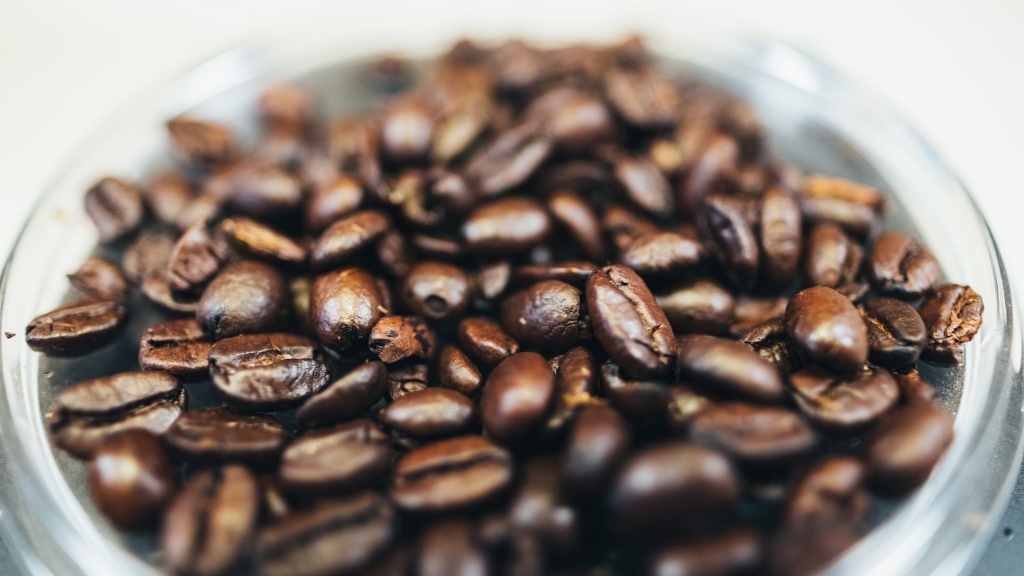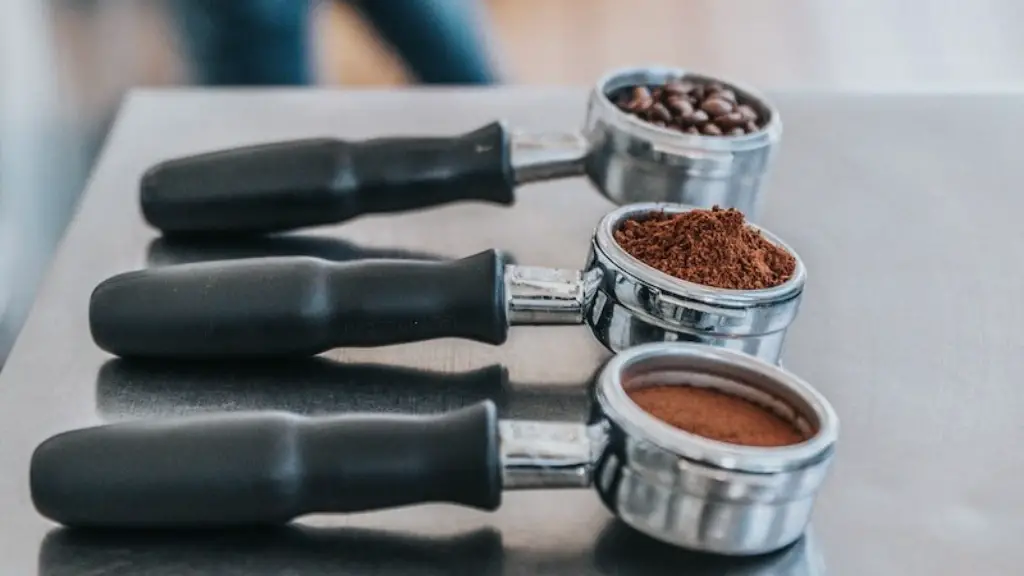Caffeine Intake and Body Reactions
Have you ever had three cups of coffee in one sitting? Caffeine affects people differently, and it’s important to understand what drinking three cups of coffee can do to your body. Depending on your overall health, weight, caffeine tolerance and the quality of your coffee, the effects of drinking three cups of coffee could range from mild to quite severe.
Caffeine is a stimulant, and it works on the nervous system. Its effects start to show up after as little as five minutes and can last up to six hours. When you ingest caffeine, your body releases the hormones adrenaline, dopamine and glutamate. These hormones are designed to produce a specific state in the body, known as the “fight-or-flight” response.
The average cup of coffee contains around 95 milligrams of caffeine. If you consume three cups of coffee at once, you’re taking in 285 milligrams of caffeine. That’s more than double the recommended daily limit of 400 milligrams per day.
The effects of this large amount of caffeine vary from person to person. Low doses of caffeine can boost mood and energy levels. But, larger doses can cause issues like headaches and increased heart rate, as well as more serious side effects like palpitations and high blood pressure.
Caffeine tolerance is a major factor in how your body will respond to large doses of coffee. If you’re not used to drinking coffee, the effects of three cups can be quite severe and cause symptoms like jitters, nausea, headaches and difficulty breathing. If you’re an avid coffee drinker, your body may have already developed a higher tolerance, allowing you to drink more coffee before feeling the adverse effects.
It’s important to note that coffee is not the only source of caffeine. Certain energy drinks, sodas and teas may contain high levels of caffeine. So, if you’re trying to stay within the recommended daily limit of 400 milligrams of caffeine, it’s important to consider all the beverages you consume in a day.
The bottom line is that it’s best to exercise caution when it comes to how much caffeine you consume in any given day. As with anything, moderation is key. Consult with your doctor if you think you may be consuming too much caffeine, or if you’re experiencing any adverse effects.
Caffeine and Sleep
When it comes to coffee and its effect on sleep, the most important thing to remember is that caffeine is a stimulant. So, if you’re drinking three cups of coffee late in the day, you may have trouble falling asleep at night. Caffeine can remain in your system for up to 6 hours after consumption. That’s why it’s best to limit the amount of caffeine you consume in the afternoon and evening.
If you’re prone to anxiety or insomnia, be sure to limit caffeine consumption even more. Caffeine can worsen anxiety symptoms and make it harder to fall and stay asleep. If you’re having trouble sleeping, make sure to avoid caffeine altogether at least 6 hours before going to sleep. This should help restore your body’s natural rhythms and make it easier to sleep.
For those of us who really can’t function without our coffees, there are a few things you can do to reduce the impact of caffeine on sleep quality. An obvious solution is to avoid drinking three or more cups of coffee at once. Instead, try having one small cup of coffee in the morning, and then avoid caffeine for the rest of the day. Or, if you must have more coffee, try spreading it out throughout the day and stick to milder varieties.
Another trick is to switch to decaffeinated coffee after lunch. Decaffeinated coffee still contains some caffeine, but much less than the regular version. This should be enough to get you through the afternoon without interfering with your sleep.
Caffeine and Overall Health
Regardless of whether you’re drinking coffee or other caffeinated beverages, it’s important to keep an eye on your overall caffeine intake. Too much caffeine can have serious and long-term implications for your health.
High levels of caffeine can interfere with essential vitamins and minerals, such as calcium, magnesium, B vitamins, and iron. If you’re not getting enough of these essential nutrients, it can lead to health problems like deficiencies, fatigue and poor concentration.
It’s also important to note that excessive caffeine consumption can contribute to chronic health issues, like high blood pressure and heart disease. Therefore, it’s important to be mindful of your caffeine intake and stick to the recommended 400 milligrams per day.
Even if you’re healthy and have no existing health issues, it’s best to stick to the recommended daily limits of caffeine. It’s not necessary to completely cut out caffeinated beverages, but it is important to consume them in moderation.
Finally, if you do decide to have three cups of coffee in one sitting, be sure to drink plenty of water afterwards. Coffee can be dehydrating, so it’s best to replenish any lost fluids. This will help to reduce the effects of caffeine on your body.
Coffee Quality
Finally, it’s worth noting that the quality of your coffee can have a major impact on the effects it has on your body. Low-grade, pre-ground coffee can contain a lot of impurities, chemicals and other additives. These can have a negative impact on your health and make the effects of caffeine more severe.
On the other hand, high-quality, freshly-ground coffee can improve your health in a variety of ways. A higher-quality coffee can contain antioxidants that can help to balance the effects of caffeine. It can also have more of the desirable flavors and aromas that we all know and love.
Overall, it’s best to avoid drinking three cups of coffee in one sitting. But, if you do decide to do so, make sure you’re using high-quality coffee that’s freshly-ground and free of impurities. This will help to reduce the adverse effects of caffeine and still allow you to enjoy a good cup of coffee.
Caffeine Alternatives
If you’re looking to cut back on the amount of caffeine you are consuming, there are plenty of options available. Many herbal teas can provide the same pick-me-up-effect as coffee but with much less caffeine. There are also decaffeinated versions of many kinds of tea and coffee if you’re looking for something a little less potent.
If you’re just looking for a boost of energy, opt for one of these alternatives instead: water, fresh fruit, or a handful of nuts. These will provide essential nutrients such as vitamins and minerals to help fuel your body.
There are also some natural supplements that can help with energy levels without the effects of caffeine. Supplements such as L-carnitine, Coenzyme Q10, and ginseng can all offer boosts of energy without the potentially harmful effects of caffeine overload.
Finally, it’s important to keep in mind that energy drinks and sodas should also be avoided when trying to stay within the recommended daily caffeine limits. These drinks are often loaded with sugar and high levels of caffeine and should be avoided if you’re trying to take better care of your health.
Conclusion
Drinking three cups of coffee in one sitting can have adverse effects on your health if not taken in moderation. It is important to know and understand your body’s individual caffeine tolerance in order to stay within the recommended daily limit of 400 milligrams.
Exercise caution when it comes to caffeine intake and opt for natural alternatives such as herbal teas and natural supplements. These can help to provide the same energy boost without the potentially harmful effects of excessive caffeine.





